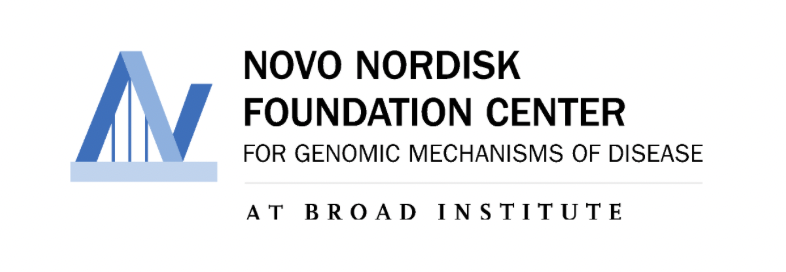Abstract
BACKGROUND: Cancer predisposition syndromes (CPSs) with pediatric onset are the leading known cause of childhood malignancies and are increasingly guiding clinical strategies in pediatric oncology. CPSs are placed under evolutionary negative selective pressure, but pediatric pancancer studies have so far failed to investigate genomic evolutionary metrics as a guide to predict penetrance and reveal novel CPSs.
METHOD: Germline whole-genome sequencing (WGS) in a 5-year prospective, registry-validated, nationwide cohort of individuals diagnosed with cancer before 18 years of age. Evolution-guided burden analysis of private germline variants in constrained genes compared with 125,748 gnomAD exomes.
RESULTS: Across a total of 1,127 participants, 16% carried a pathogenic variant in at least one CPS gene. After genotype-phenotype matching, 9 % of children in the prospective cohort (n=651) carried a variant considered causative, a rate deemed significantly higher than previous studies (RR=1.54,95%CI1.37-1.75,p=1e-14). As predicted for a disease subject to negative Darwinian selective pressure, compared to reference adults, we found a significant excess of loss-of-function (LoF) variants in the 1,500 most constrained genes (RR=1.54,99%CI 1.21-1.95,p=4e-6). Surprisingly, this excess was greater than expected, leaving a significant residual enrichment of pLoF variants in genes evolutionarily considered the least tolerant to damage (RR=1.41,99%CI1.09-1.80,p=4e-4).
CONCLUSION: The high frequency of LoF variants, including in known CPSs, emphasizes the need for systematic and extensive germline genomic mapping as part of the diagnostic work-up of childhood cancer patients and linkage of such data to disease and response phenotypes to guide future pediatric oncological care, and ultimately paving the way for pre-diagnostic interventional measures.
